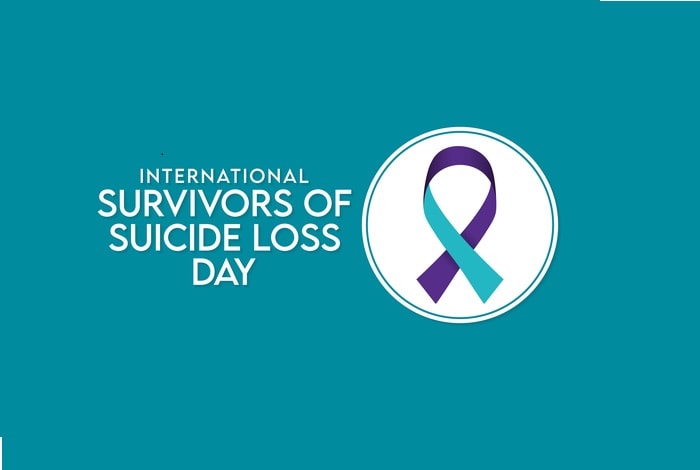Genetics indeed play a significant role in the development of substance use disorders and mental health disorders. An individual is more likely to develop depression or alcohol use disorder if their mom or dad also had one of these disorders. The common phrase “addiction is a family disease” has nothing to do with the actual genetics but instead infers that every family member is affected when addiction or mental illness is present in the family. The family unit is a system where each individual is like a puzzle piece. Each family has their ways of communicating, reacting, and acting with each other and the outside world. These patterns and styles give the family equilibrium and help each family member mold into their family role. When change occurs in any part of the family system, every member is affected in one way or another. Addiction is no different. When one family member is battling with addiction (or a mental health disorder), the whole family is affected, and the family equilibrium is thrown off.
When individuals are in the throes of their addiction, they usually behave irresponsibly and do not function to their full capacity. As a result, other family members will often step in to pick up the slack, which results in them becoming more controlling and overly responsible. The equilibrium or balance of the family system shifts as each member changes and adjusts accordingly. These changes usually occur incrementally, subtly, and unconsciously. Unfortunately, addiction can wreak havoc on family relationships, destabilize the home environment, compromise finances, and put a damper on everyone’s mental, physical, and emotional health.
Addiction is a surprise to everyone as nobody is born into this world thinking or hoping they will become addicted to drugs or alcohol (the same goes for mental health disorders). When addiction swarms a family, it can cause a lot of disruption, hurt, anger, mistrust, and negative emotions. The family can become broken, and as a result, recovery for family members is just as important as it is for the addicted individual. Family members will often place blame on each other, and unhealthy family roles are established. Once this occurs, the entire family is in jeopardy of mental and emotional turmoil.
Seeking help as a family unit
Addiction and mental health disorders affect the entire family, and therefore treatment and recovery are also a family approach. A professional should treat the individual who is struggling with an addiction or a mental health disorder. Still, family members should also undergo counseling to gain a better understanding and perspective about the disease and their loved ones. Family therapy can help families become aware of their own needs and aid in keeping substance abuse from moving from one generation to another. Since addiction and mental health are a family process, each family member can benefit from talking to a professional. They learn healthy coping skills, communication skills, empathy, behavioral modification, and can also be educated on the process of addiction and how to cope and lived with a loved one who is in treatment.



